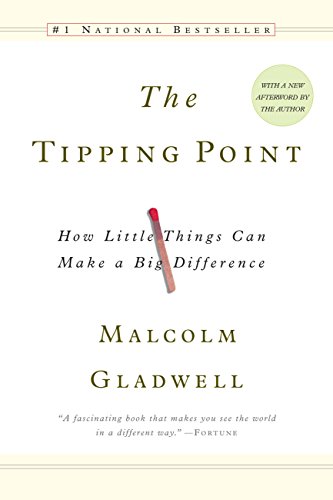

This article is an excerpt from the Shortform summary of "The Tipping Point" by Malcolm Gladwell. Shortform has the world's best summaries of books you should be reading.
Like this article? Sign up for a free trial here .
What is the fundamental attribution error? Do you make it? How is it related to the power of social context?
The Fundamental Attribution Error is a psychological term for humans’ tendency to overestimate the importance of fundamental personality traits in explaining people’s behaviors, and underestimate the role of context. In other words, when we see someone behave a certain way, we’re more likely to assume it’s a fundamental personality trait, rather than the influence of temporary context.
We’ll cover the fundamental attribution error and look at examples of the fundamental attribution error, or fundamental attribution bias.
Fundamental Attribution Error Theory and the Power of Social Context
Before we discuss the fundamental attribution error theory, let’s take a step back and examine our tendencies. We tend to think of ourselves as products of nature and nurture, meaning the greatest influences on who we are and how we behave are our genetics and our upbringings. However, context is so powerful that certain situations can eclipse our natural dispositions.
For example, two comparably skilled basketball players are shooting baskets, but one is in a well-lit gym and one is in a dimly lit gym. The player in the well-lit gym obviously makes more baskets. But when spectators are asked to judge which of the two is more skilled, they choose the player in the well-lit gym, disregarding the conditions (better lighting) that greatly contributed to his success. This demonstrates the fundamental attribution error in psychology.
We make this error because human brains evolved in a way that makes us very good at processing certain kinds of information — and bad at processing others. The Fundamental Attribution Error makes the world simpler and easier to understand than considering all the variables of context, but it creates a blind spot in our understanding of all kinds of actions and events, from cheating to committing crime.
Although it’s humbling to admit that we are so inept at judging the causes of most situations, the Power of Context is actually promising: Problematic behavior is not the inevitable actions of inherently bad people, but instead is the result of context and circumstances that can be changed and adjusted for a better outcome. Your character is not a fixed set of inherent traits — as the Fundamental Attribution Error would have us believe — but a collection of habits and tendencies that are subject to change under different conditions and context; many of us appear to have consistent character traits only because we are good at controlling our environments.
Example of the Fundamental Attribution Error: What Makes Children Cheat?
One example of the power of social context and the fundamental attribution bias theory is a 1920s study to measure the honesty among children. Students were given various tests in different situations that made it harder or easier to either cheat or inflate their scores.
There were some unsurprising findings: older children cheat more than younger children, students from stable homes cheat a little less than those from unstable homes, and girls cheat about as much as boys.
However, there were some surprising inconsistencies.
- A child might cheat on one test but not on another, or cheat at school but not at home.
- If one group of kids took the same test under the same conditions six months apart, the same children would cheat in the same ways. But if the context was altered by changing the test material (e.g. the subject was different or an answer key was provided) or the rules (e.g. administrators imposed a time limit), the rates of cheating would change as well.
This revealed that a trait like honesty is not fundamental, but rather largely influenced by context. When we think that honesty is a personality trait, we’re committing the fundamental attribution error.
———End of Preview———

Like what you just read? Read the rest of the world's best summary of "The Tipping Point" at Shortform . Learn the book's critical concepts in 20 minutes or less .
Here's what you'll find in our full Tipping Point summary :
- What makes some movements tip into social epidemics
- The 3 key types of people you need on your side
- How to cause tipping points in business and life






